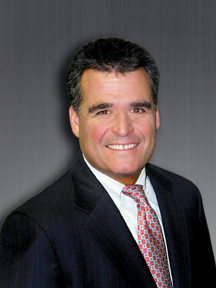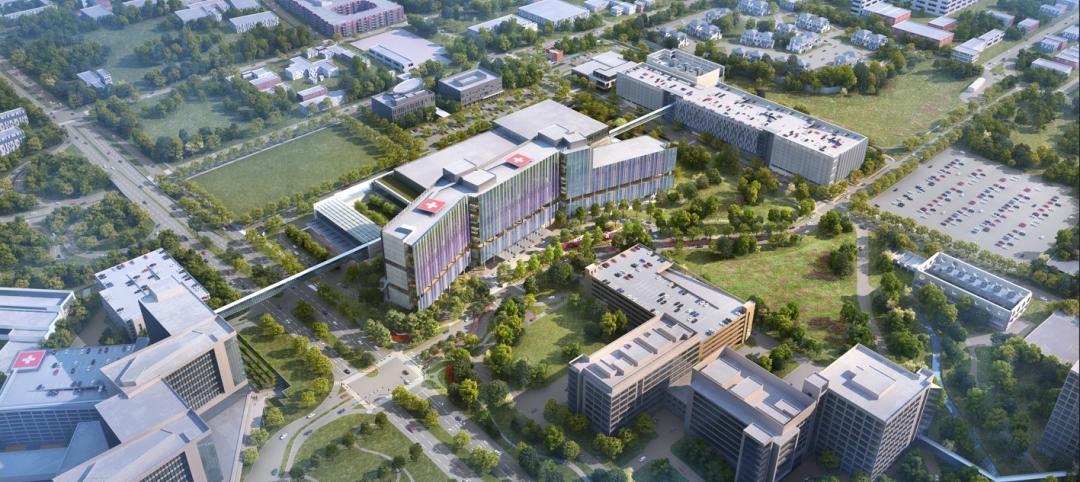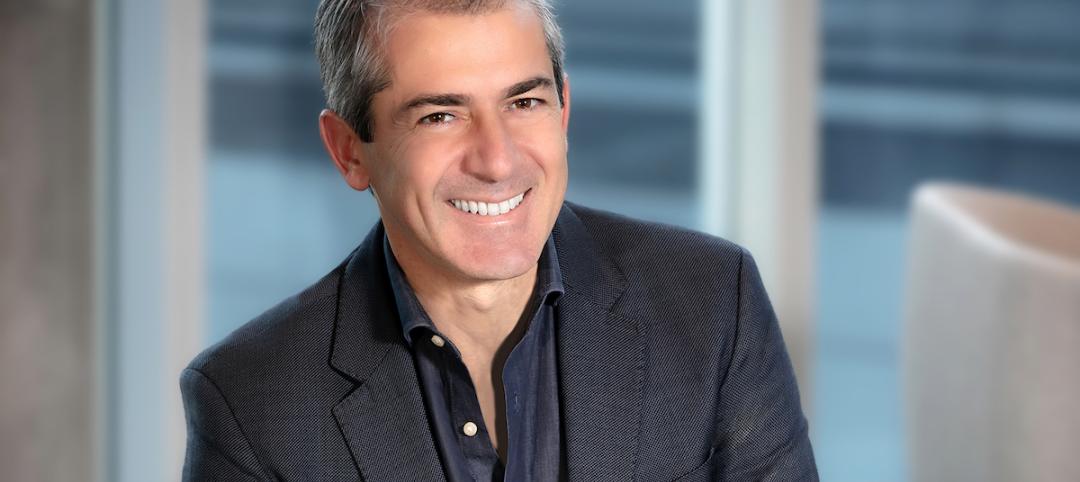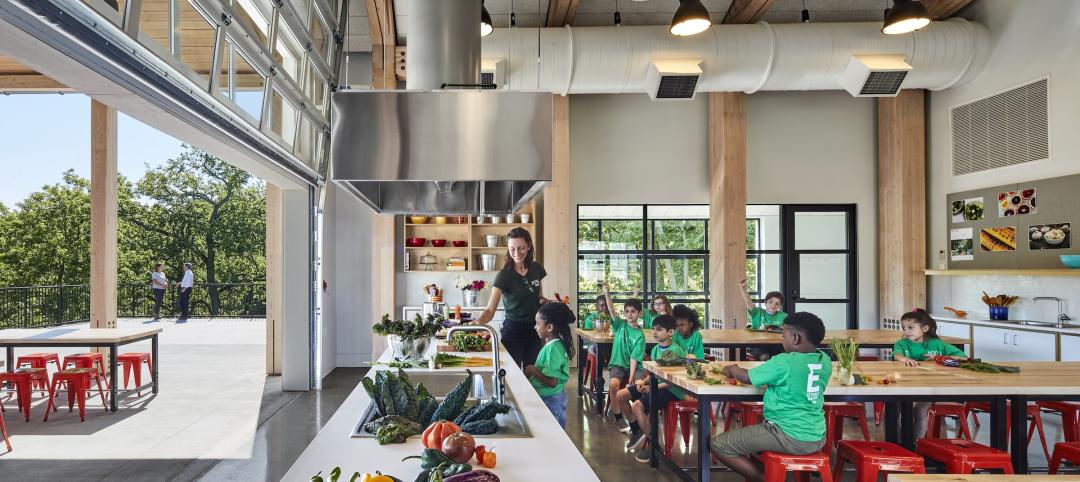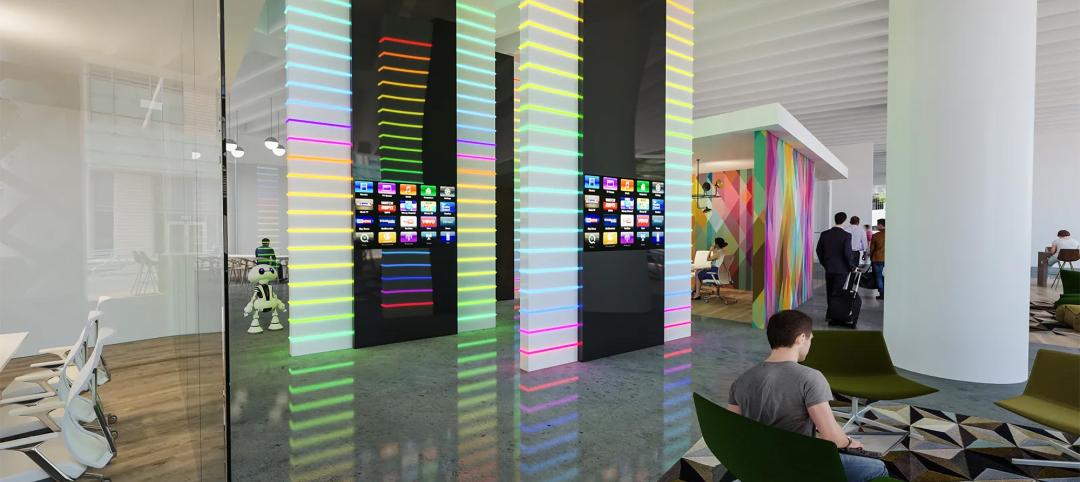BD+C: What are the chief initiatives for BOMA in the coming year?
Boyd R. Zoccola: Our theme for the year is achieving high performance through innovation. One area is recruiting young professionals into real estate management. We’ve got a lot of young people in university real estate programs that want to be owners and entrepreneurs but may not be aware of careers in the day-to-day operations of property management—asset management, interacting with tenants, setting budgets, etc.
Our industry has an aging management group, and we need to reach out to the young people who will be carrying the water in our business through 2025. Our Thought Leaders Symposium at Georgetown University November 10 (www.boma.org/about/bomafoundation) is designed to make them aware of property management as a career.
Another area is benchmarking tools. We’re coming up on the end of the BOMA 7-Point Challenge, to make buildings 30% more efficient than the mid-level (50) building in Energy Star. It’s been a great success, with more than 3,000 buildings and 800 million square feet sharing their data with BOMA. Members like CBRE and USAA are already well beyond the 7-Point Challenge. BOMAStars is a tool to share the data, which will allow us to talk objectively to legislators or mayors about the positive strides we’re making.
BD+C: What national issues will BOMA be pursuing in the coming year?
BRZ: From a tax standpoint, the 15-year timeline for depreciating leasehold improvements expires at the end of the year; left unchanged, it reverts to 39 years. We think 15 years is a more realistic picture of the marketplace, and we want it to be made permanent.
We’re also concerned about an EPA initiative to require the removal of lead-based paint in office buildings. We don’t think there’s been enough study to justify that. The EPA is also considering treating stormwater runoff from office sites. We don’t think buildings are point sources under the Clean Water Act.
BD+C: What are the greatest concerns of BOMA members at this time?
BRZ: The economy is number one, of course. But, based on our research, we now know that work/life balance is number two. We didn’t even hear about that four years ago. All our members are being asked to do more with less, but there’s only so much time in the day, so how much time can they give to BOMA? That’s a concern for us as an organization.
Tenant retention is a big issue for members. It’s much easier to keep a tenant than to replace one. Having vacancies is the easiest way to decrease asset value. Our members are making improvements that tenants can see on a daily basis—common areas, restrooms, corridor finishes—to make sure their buildings are crisp and clean and don’t feel old. They’re making improvements with a two-year payback, but it’s the five- and 10-year paybacks where the overall cost just doesn’t make a business case, at least not without incentive dollars.
BD+C: How is the BOMA 360 program doing?
BRZ: BOMA 360 is about holistic best practices, how well you run your building with the systems that you have—standard operating procedures, emergency preparedness, Energy Star benchmarking, data sharing, etc. It’s just two years old, and we already have 300 certified buildings. Surveys are showing that 360 buildings are getting higher marks in tenant satisfaction than other buildings. When you look at the other designation programs out in the marketplace, we’ve exceeded all but one, LEED.
BD+C: When is the U.S. office market going to turn around?
BRZ: It’s kind of the haves and the have-nots. D.C., New York, San Francisco, Boston, they’re all doing very, very well. There are some other pockets, but for most BOMA members, our recovery is directly tied to jobs, and until we can reduce unemployment, we’re not going to see a turnaround in the office market.
Medical continues to be a strong sector across the country—MOBs, surgical centers, imaging, oncology, outpatient services. Mixed-use properties are becoming more prevalent, and we think they’re going to flourish.
BD+C: What’s your biggest business-related worry?
BRZ: From our company’s perspective, it’s how best to manage the inflation risk that we perceive as coming in the marketplace. We think it’s going to happen.
The other has to do with staff retention. Over the last three years, we asked people to go without raises and employer contributions to 401(k) plans. I believe that many BOMA members, large and small, are trying to manage their staff retention, to make up for the cuts of the last three years.
BD+C: How can BD+C readers—architects, engineers, and contractors—work more effectively with BOMA members as clients?
BRZ: From a personal perspective, I’m buying those services based on quality of service and ability to deliver on time; price is in third place. It’s all about timing, and you might be one of the three or four firms that I throw into an RFP process. I don’t shotgun out an RFP to 20 firms.
Now’s the time to market within your niche. Don’t try to be everything to everyone. We hear from a lot of firms who want to do medical buildings but have no experience, and they wonder why we don’t pick them.
Make sure that you’re marketing to multiple people within a company. If that one person at the top goes, you’re vulnerable. Make sure that if you have a transition in a client organization, you can survive a CEO change.
Finally, it’s the last 2% of every job that’s the most difficult, and that’s the time to finish strong. Don’t give your client any reason to make a change. BD+C
Related Stories
Student Housing | Feb 19, 2024
UC Law San Francisco’s newest building provides student housing at below-market rental rates
Located in San Francisco’s Tenderloin and Civic Center neighborhoods, UC Law SF’s newest building helps address the city’s housing crisis by providing student housing at below-market rental rates. The $282 million, 365,000-sf facility at 198 McAllister Street enables students to live on campus while also helping to regenerate the neighborhood.
MFPRO+ News | Feb 15, 2024
UL Solutions launches indoor environmental quality verification designation for building construction projects
UL Solutions recently launched UL Verified Healthy Building Mark for New Construction, an indoor environmental quality verification designation for building construction projects.
MFPRO+ News | Feb 15, 2024
Nine states pledge to transition to heat pumps for residential HVAC and water heating
Nine states have signed a joint agreement to accelerate the transition to residential building electrification by significantly expanding heat pump sales to meet heating, cooling, and water heating demand. The Memorandum of Understanding was signed by directors of environmental agencies from California, Colorado, Maine, Maryland, Massachusetts, New Jersey, New York, Oregon, and Rhode Island.
MFPRO+ News | Feb 15, 2024
Oregon, California, Maine among states enacting policies to spur construction of missing middle housing
Although the number of new apartment building units recently reached the highest point in nearly 50 years, construction of duplexes, triplexes, and other buildings of from two to nine units made up just 1% of new housing units built in 2022. A few states have recently enacted new laws to spur more construction of these missing middle housing options.
Green | Feb 15, 2024
FEMA issues guidance on funding for net zero buildings
The Federal Emergency Management Agency (FEMA) recently unveiled new guidance on additional assistance funding for net zero buildings. The funding is available for implementing net-zero energy projects with a tie to disaster recovery or mitigation.
Hospital Design Trends | Feb 14, 2024
Plans for a massive research hospital in Dallas anticipates need for child healthcare
Children’s Health and the UT Southwestern Medical Center have unveiled their plans for a new $5 billion pediatric health campus and research hospital on more than 33 acres within Dallas’ Southwestern Medical District.
Architects | Feb 13, 2024
Pierluca Maffey joins Carrier Johnson + Culture as new Firmwide Head of Design
Carrier Johnson + Culture (CJ+C) has hired Pierluca “Luca” Maffey, International Assoc. AIA, as the firm's new Firmwide Head of Design and Design Principal.
K-12 Schools | Feb 13, 2024
K-12 school design trends for 2024: health, wellness, net zero energy
K-12 school sector experts are seeing “healthiness” for schools expand beyond air quality or the ease of cleaning interior surfaces. In this post-Covid era, “healthy” and “wellness” are intersecting expectations that, for many school districts, encompass the physical and mental wellbeing of students and teachers, greater access to outdoor spaces for play and learning, and the school’s connection to its community as a hub and resource.
Office Buildings | Feb 13, 2024
Creating thoughtful tech workplace design
It’s important for office design to be inspiring, but there are some practical principles that can be incorporated into the design of real-world tech workplaces to ensure they convey an exciting, sophisticated allure that accommodates progressive thinking and inventiveness.
Airports | Feb 13, 2024
New airport terminal by KPF aims to slash curb-to-gate walking time for passengers
The new Terminal A at Zayed International Airport in the United Arab Emirates features an efficient X-shape design with an average curb-to-gate walking time of just 12 minutes. The airport terminal was designed by Kohn Pedersen Fox (KPF), with Arup and Naco as engineering leads.


